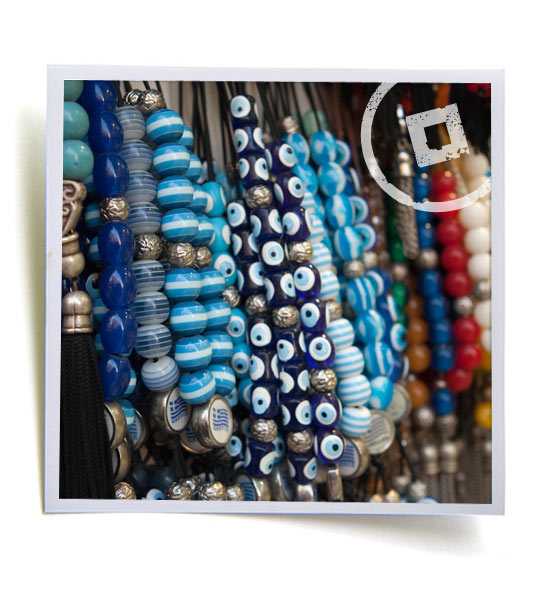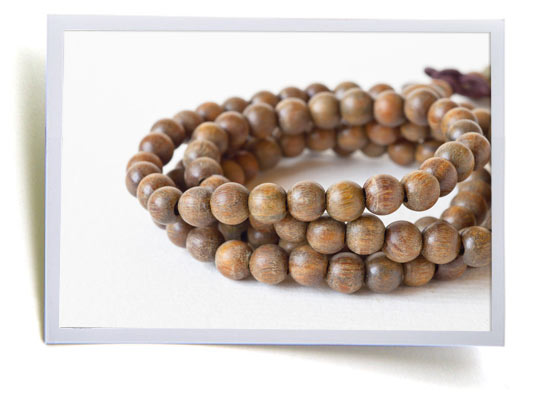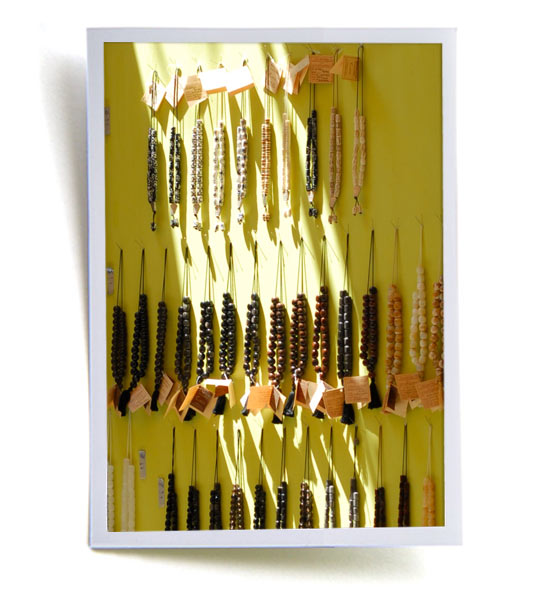Either you are enjoying your Greek coffee in a traditional café or you are about to sail for one of the beautiful islands of Greece, you may come across people holding the Greek worry beads. With black, blue or any other coloured stones, worry beads are an object of genuine Greek tradition! For those of you who don’t know the story behind them, Cycladia would like to introduce you to this special object.

The Greek word for “worry beads” is “koboloi”, which comes from the two words “kobos” meaning “knot” and “leo” meaning “say” in Greek. Tradition has it that the first Greek worry beads were made by the monks in Mount Athos. The etymology of the word reveals just that: “In each knot, I say a prayer”.
Worry beads are a string of beads tied into a loop. Generally they have an odd number of beads and a “head” composed of a fixed bead, a shield to separate the two threads and a tassel. They are made in such a way so as to allow the beads to flow freely and, thus, take your worries away.

Nowadays worry beads are used to relieve stress and anxiety, with the beads sliding along the string and the clicking sounds helping in relaxation. At the same time, for some religions, they are supposed to help achieve self-control and certain meditation levels while scientific researchers are trying to connect the positive impact of keeping your hands and mind busy with post-traumatic stress.
Worry beads can also be a jewel for both men and women, a piece of art when they are made with valuable stones or quite often a decorative element for the house. At many cases they can also be valuable collection pieces designed with high standards and precious stones.

So during your next stay in Greece, visit a worry beads’ shop and buy one or borrow it from a local and hold it in your hands as they show you the trick of sending your worries away!

